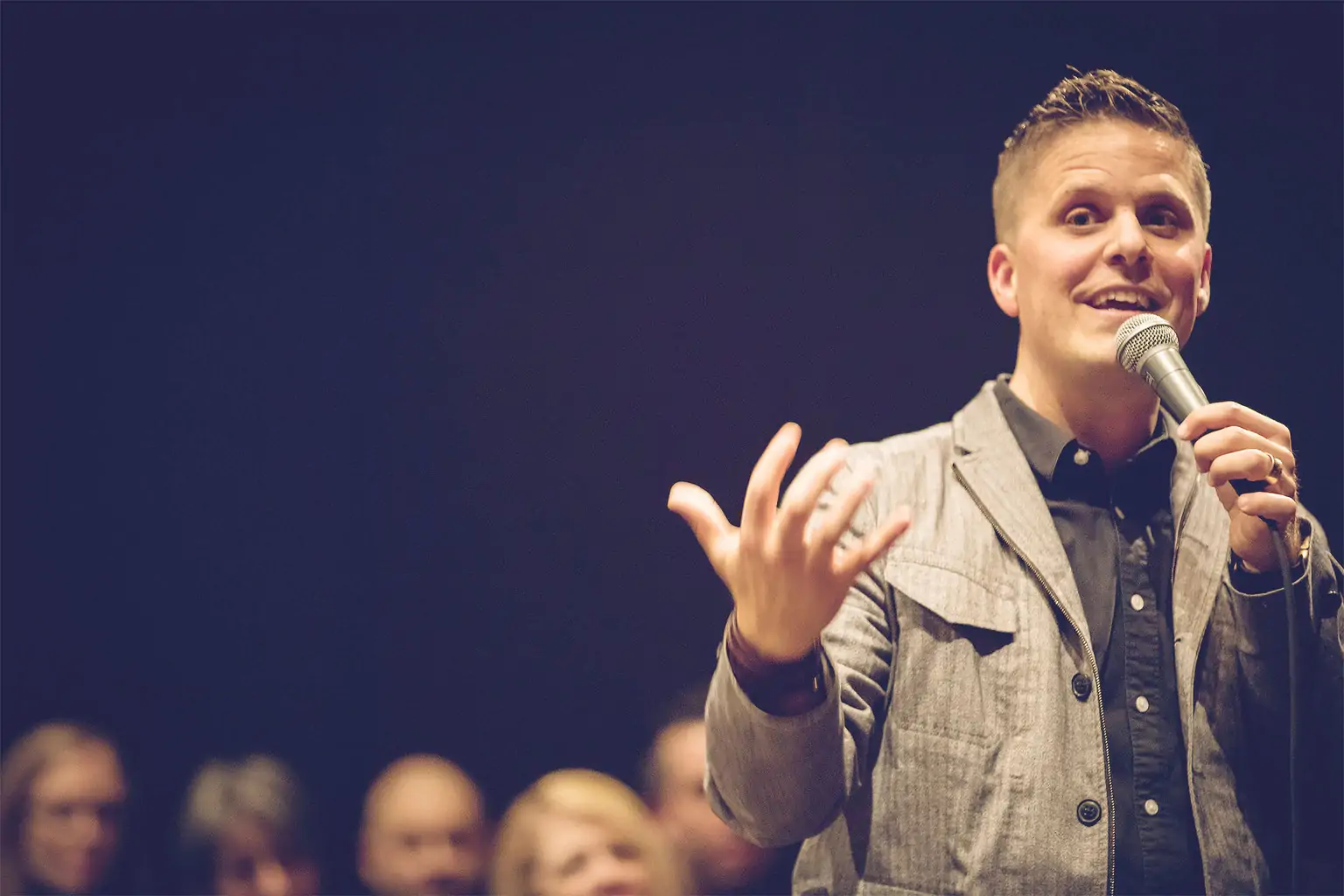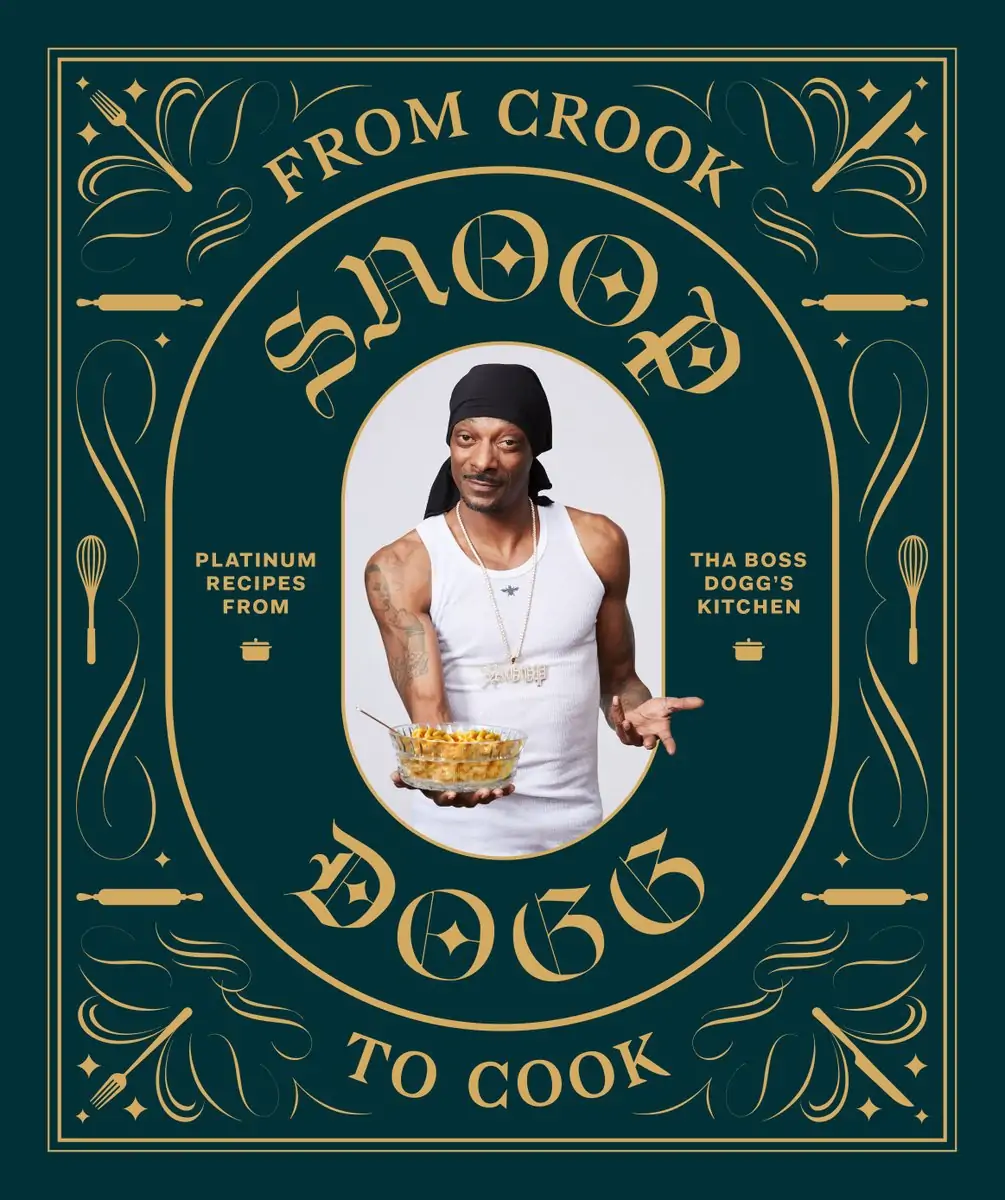
When Aaron Niequist was getting ready to lead a worship set, he had a surprising realization: He didn’t believe the lyrics that he was about to lead people in. He began to feel spiritually empty, and knew that if he didn’t act quick, he would shy away from his faith.
Determined that God had a wider vision for worship and community, Niequist began to dig in to what God was trying to show him. He quickly discovered there there was historical Christian precedence for enacting faith in a very different way than he was used to: practice-based faith.
His book, The Eternal Current: How a Practice-Based Faith Can Save Us From Drowning, discusses loving your traditions, and still following the call to something deeper. By adopting new spiritual practices, Niequist learned that it’s possible to learn to swim again with a renewed sense of vigor and a more divine purpose.
We had a quick chat with him regarding his personal story and how he discovered that practice-based faith can completely change your relationship with God.
RELEVANT: Back in 2002, you were getting ready to lead worship, but you had this realization that you don’t necessarily believe the lyrics you’re about to lead people in. Tell me about that experience.
Aaron: It was backstage at a bigger rock n’ roll type worship church. I had just rehearsed with the band, and in my head I was like, I don’t think I can do this. I don’t want to sing these words, let alone pretend I’m excited about them. It was the most conflicted moment and season.
You decided to dig your heels into the historical practice of Christianity, but for a lot of people that moment leads them in the opposite direction, to a crisis of faith. What was your next move? How did you decide to figure out what’s right instead of just abandoning your ideas about faith?
Aaron: Looking back, it was not clear and deliberate. It was desperate. This faith that I had was like the wallpaper on every room in my house. I had grown up in it, it was my identity. And now it was my vocation too, paying my bills. And I just didn’t believe it. So it was desperation: What am I going to do? I slipped into a depression, and then a friend gave me The Divine Conspiracy by Dallas Willard, and it was the first time I ever heard about the Kingdom of God. I was a Christian for 22 years, and had never heard the topic that Jesus preached about endlessly. It was an entirely new story I’d never heard before. I like to joke, like a good evangelical I was born again, again. So God wants to invite us into what He is doing to redeem and restore all things? That’s the story? Not just, “Say a prayer and try to avoid bad stuff?” We get to join God? So that really helped to launch me back into my Christian faith.
Once you had this revelation about the Kingdom of God, what did it look like trying to to put it into practice?
It actually happened right after this, kind of rebirth. I met Rob Bell, who was just starting to preach outside of his church in Grand Rapids. He told me they were looking for a new worship leader at Mars Hill Church, and asked if I wanted to move to Grand Rapids. So my wife and I, just married, packed up and moved there and I became the worship leader. What was wild is Rob and the church were talking about this kingdom-world-oriented invitation, and it was so beautiful. But then I showed up, and all I had in my toolbox was four pop songs and a hymn. It’s all I had, and it’s all I knew how to do.
I said, we have to explore new ways to worship that’s not just “stand and sing this euphoric song.” So that led me into asking what other things the church has been doing. All I knew was my experience. We began exploring, and discovered that we don’t want to dive into old stuff. It was way more… just seeing it possibly contain the compelling nature of kingdom theology.
A lot of evangelicals who grew up around that same era probably have a similar revelation, that their faith is, to some degree, based on constructs that have evolved arbitrarily. I know people who would be afraid of what their peers were going to say when they started dabbling in something outside of evangelicalism. Is that something you’ve experienced? Did you get push back from people?
Absolutely. People thought I was losing my faith, going liberal, going fundamentalist conservative… I heard it all. It’s so interesting because in my tribes growing up, what a lot of my friends have done is say, there is so much more to the story. In some ways I’ve been lied to. I only know this tiny version of the story. Then they feel like they have two options: to double down and defend or ditch the whole thing.
And some of what I’m trying to say in this book is that those are two terrible options, and they aren’t the only options.
Tell me about a couple of really moving experiences you’ve had since exploring new practices that have changed how you incorporate spiritual practices into your life.
It’s simply a way in God’s presence to set our crazy brain aside and just create space for anything God would want to say. I started reading about this practice that invites us beyond words, Ian Cron calls it “rehearsing our anxieties.” I was constantly like, “Well God, this person did this and then they said this and then they didn’t do this…” and I realized at a certain point that praying was making me more stressed out. So I committed 21 days of sitting silently for 20 minutes and creating an internal space. It was terrible and awkward, but also beautiful. It changed my life. In ways that I still can’t explain. Something happened in those 21 days, and it happened about halfway through the first week or so. At first it was just misery and boredom. Then something hit, and I started to forgive someone who had really hurt my wife. I started to, almost accidentally but not… it’s like it was being done unto me. Like, “Aaron, would you join me in praying for this person?” And again, I realize I’m kind of dancing around this mystery of what happened in this practice, but I’m not sure that healing would have happened had someone not shared with me this very simple but really powerful practice.
For people who are always plugged in, how could they start? What’s the starting point for incorporating a practice like that?
For me it all started with a book Open Heart, Open Mind by Thomas Keating. For my personality, I have to understand why when I choose to do something. So it started out as an intellectual or learning thing for me. But once I learned about the concept, it just had to move into practice.
So Keating’s wife teaches centering prayer in the most compelling way anyone ever could. So step one is to learn from someone who actually does it, who can share why you’re doing what you’re doing. Step two are the practical steps: there are four or five steps. Step three, which is the most important, is to commit. In a lot of cases, 20 minutes is the goal, but if you can start for 5, do it for 5 minutes a day, every day. Go a whole week centering prayer for five minutes.
In his book, Keating shares a story of a young woman who came to him and said, “Father Thomas, I failed so terribly. My mind wandered ten thousand times.” Keating said he smiled back at her and said, “How wonderful! Ten thousand opportunities to turn back to God.” And that has really helped me personally. God is not waiting for us to do it perfectly. God is simply saying, “Come.” And that has been really helpful in these practices.






















